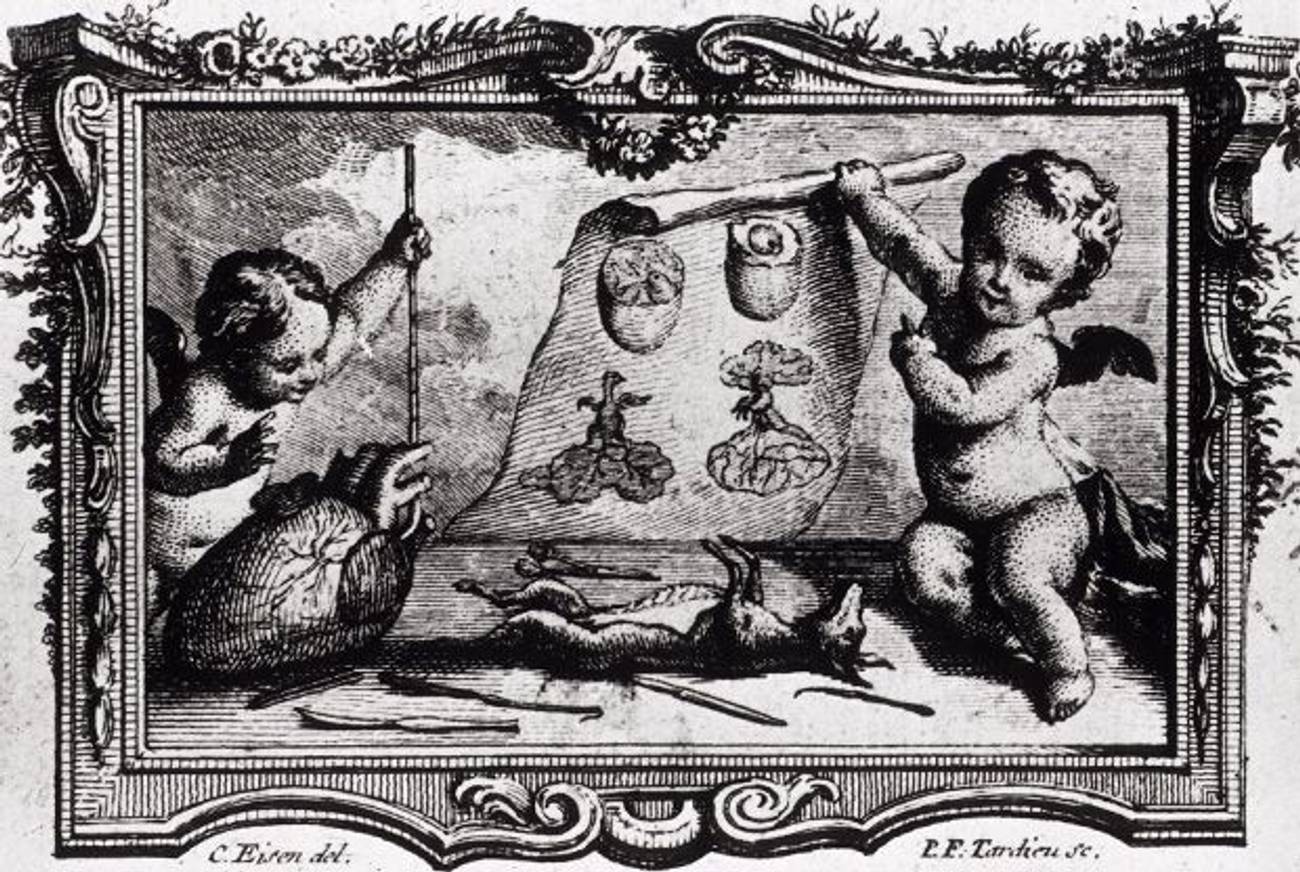Poetry of the Heart
The former chief of cardiology at Yale publishes Journeys, a new collection of verse




There is a long literary tradition of writers joining the game late in life—dropping everything, changing cities, changing mindsets, quitting jobs in entirely different fields to start writing. Some of the greatest of these writers are doctors. Keats studied to be an apothecarist; Anton Chekhov and William Carlos Williams were both practicing and successful physicians; Primo Levi was a chemist; Somerset Maugham left medicine entirely to begin writing.
Barry Zaret, the former chief of cardiology at Yale, takes this tradition very seriously. When I went to meet Zaret at his office in New Haven, he greeted me excitedly and eagerly in the hallway. He was not what one might expect of a Jewish doctor from New York in his mid-sixties; broad, elegant in a red J. Press oxford shirt and muted navy tie, and tall enough that he needed to look down in order to speak to me. His office was lined with various awards for excellence in patient care, plaques for speeches given at medical conferences in different states and various countries, and diplomas from half a dozen institutions. There is also a photograph of Zaret crossing the finish line of a marathon.
In short, nothing about Zaret would lead me to believe that he was leading a less-than-secret second life as a poet. Perhaps this is because his recent collection of poems, Journeys, was written, in large part, during the small hours of the morning—at 3:30 a.m., after his coffee, before his morning run, and certainly before heading off to the university to see patients and to teach. Despite being one of the most respected cardiologists in America, Zaret writes more than many full-time writers do. He often goes through 10 or even 15 drafts of a poem before it is finally perfect and cannot stand to do anything less because his poems are, as he himself says “a fabric of [his] whole life.” He writes about his father’s kosher butcher shop. He writes about going to Rockaway beach and saying Kaddish for a friend who died. In one of his poems he even imagines inviting Leonard Cohen to his Sukkah, and warns him that autumn in New England is cold, and that he should “Bring a sweater.”
His frank and plain style can make a poem, at moments like these, quite funny. His verses do not pretend to be highly lyrical, and instead depend on the Tao of simplicity, which can at times make some of the writing a bit colloquial. Zaret’s writing sometimes feels like that of Jacques Prévert refracted through a Jewish lens; lists of ideas and sensations carefully and artfully aligned. The simplicity of his verse allows Zaret to speak frankly about himself, and his poems become very unrestricted, unencumbered, and therefore, very personal, especially when he writes about his late wife, Myrna, and her death.
Like his Judaism, Zaret’s medical training finds its way into his poems. He discusses biological and cardiological processes—not necessarily in the form of metaphor, but often as explanations for why people may behave the way they do. In his poem about his wife “The Last Hours,” he sees his wife as a partner would, but also as a doctor who can identify the signs of death: “Secretions filled your airways,” he writes. This poem, Zaret admitted to me, was “The hardest to write but had to come out.” The medicalized aspect of his poetry can feel forced, but it can also be revealing. There’s something captivating about seeing human life, in the same poem, presented both in a poetic and scientific manner.
In his poems Zaret toys with literature and Judaism alike. In one, “Shalom Aleichem In The Land of Cancer,” which is about finding himself greeting the Sabbath alone after his wife’s illness, imitates the form and rhyme of Shalom Aleichem. He also introduces Camus’ idea of absurdism by calling an intellectual crisis of loneliness during a Springsteen song a descent from “Springsteen to Sisyphus.”
Zaret does not treat himself like a hobby poet, nor hobby painter or runner—he shows and sells his art regularly at a local gallery and has run several marathons. He is working on his next book and has two others planned. He has read Van Gogh’s letters and traveled to Saint-Rémy to paint. One of these paintings appears on the cover of his book. He cannot help but make a profession of each of his passions, and to each of them he is devoted entirely almost as though, like a true polymath, he is able to lead different lives, each spent studying and working at something different. In short, Zaret has lived his life so that, unlike Keats, the worst review he could ever possibly get might read “Back to the Chair of Cardiology at Yale, Mr. Zaret, back to discovering new fields, teaching students, and painting canvases.”
Alexander Aciman is a writer living in New York. His work has appeared in, among other publications, The New York Times, Vox, The Wall Street Journal, and The New Republic.